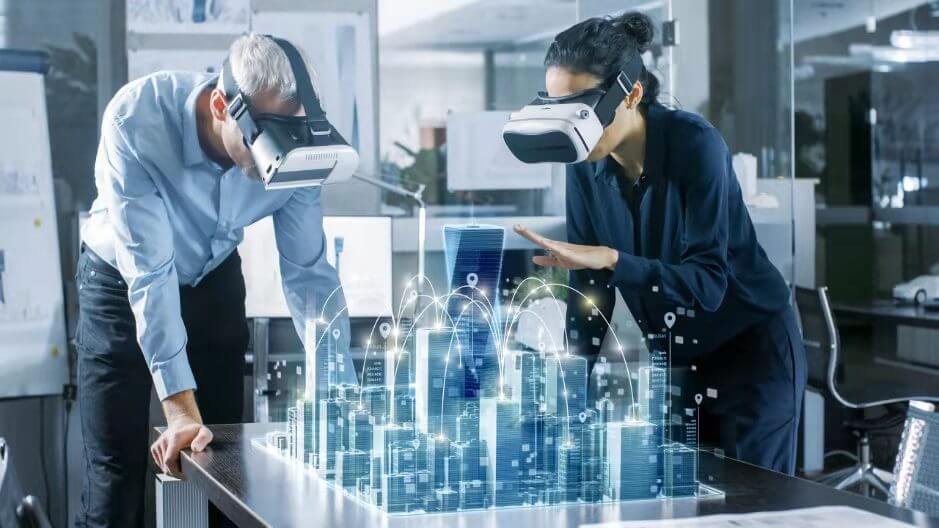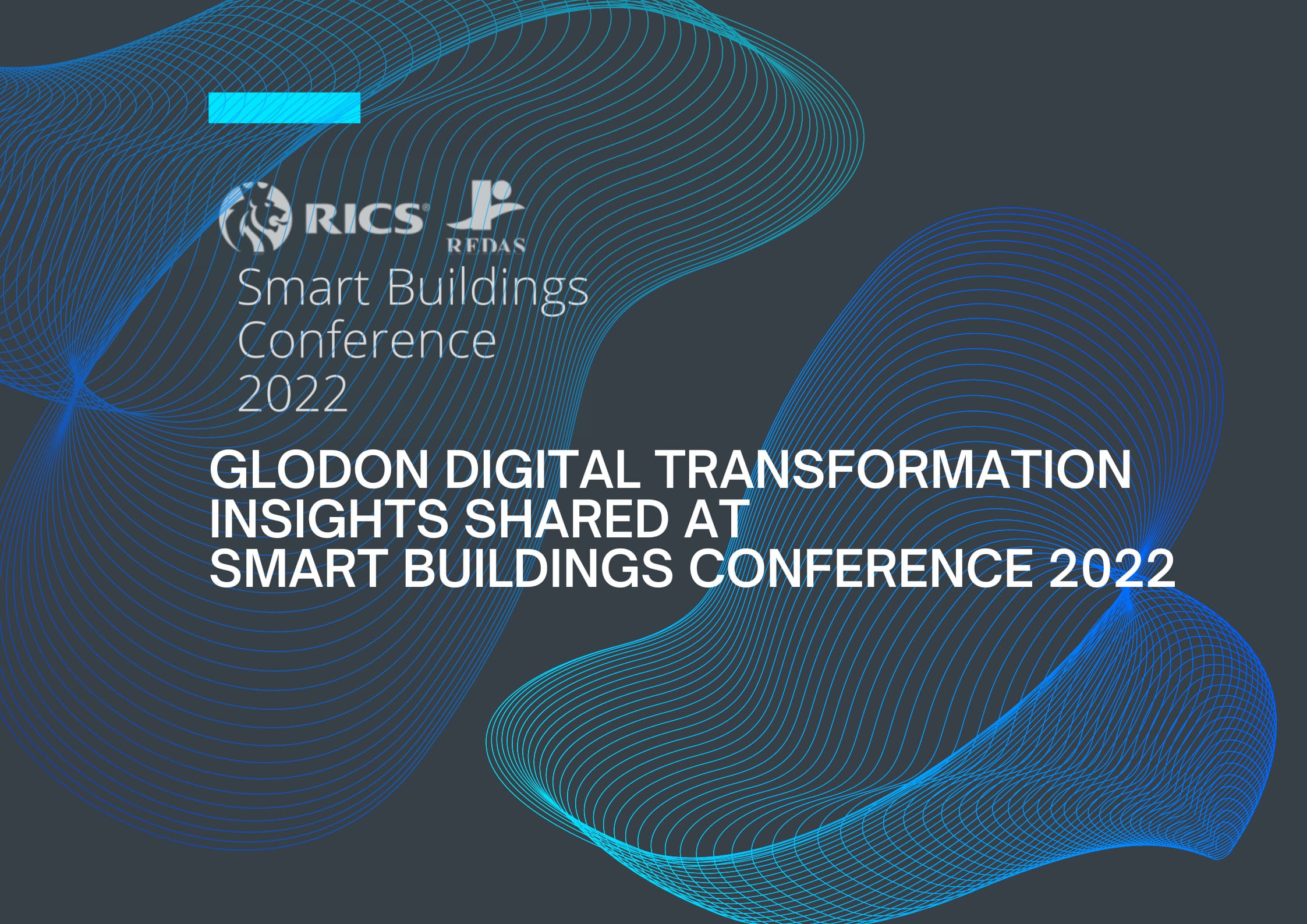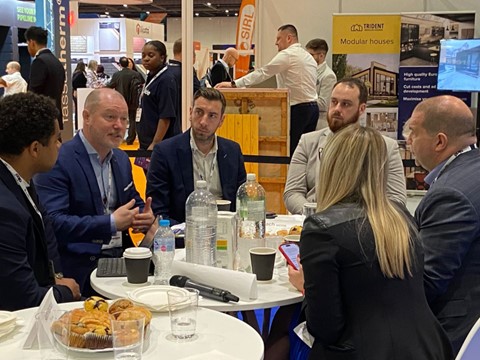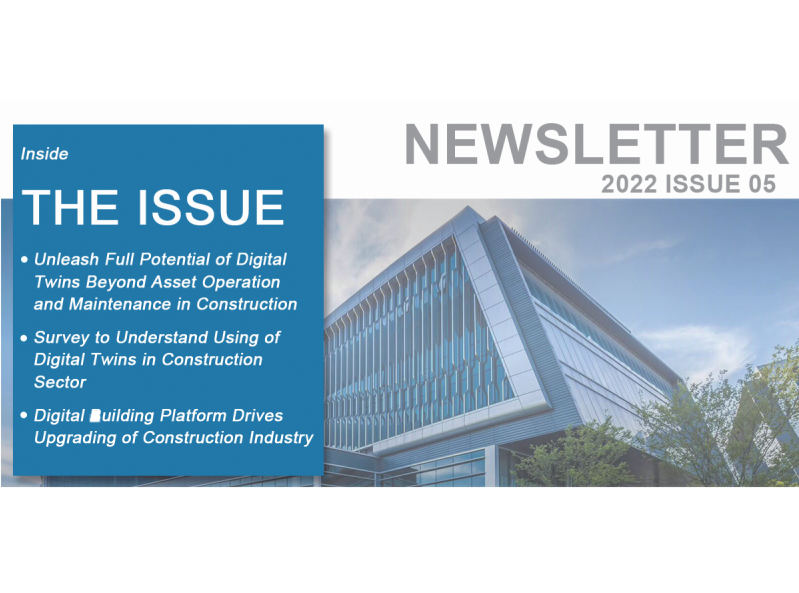Jun 15.2023
From Strategy to Practice: Enable Low Carbon Transformation for A Smart Ecosystem
The construction industry plays a crucial role in shaping our built environment, but it also poses significant challenges in terms of sustainability. From resource depletion to carbon emissions and waste generation, the industry's environmental and social impact cannot be ignored. However, with the rapid advancement of technology, there is an immense opportunity to transform the construction sector towards a more sustainable future.
By implementing robust strategies and leveraging technological advancements, companies can actively reduce their emissions and empower the construction industry's transformation to achieve a sustainable future.
Laying a Strong Base with Comprehensive
Evaluation of Carbon Emissions
The identification of carbon emission sources is crucial for effective emission management. Activities contribute to carbon emissions in varying degrees. By identifying these specific sources, businesses can prioritize and implement tailored strategies and allocate resources more effectively to reduce emissions in the most significant sectors or activities.
Identifying carbon emission sources also helps establish a baseline for measuring progress in emission reduction efforts. By determining the initial emissions and tracking changes over time, organizations can assess the effectiveness of their emission reduction strategies. Additionally, transparent reporting and disclosure of emission sources improve public awareness, fostering a sense of shared responsibility and encouraging collective action.

Glodon has implemented carbon measurement and management practices in our own buildings. We have established an advanced and reliable smart operation and maintenance platform that integrates various systems, such as heating, air conditioning, ventilation, and lighting. This platform enables us to calculate and summarize carbon emissions throughout the entire lifecycle of the buildings.
By collecting equipment operating parameters and indoor environment data, we calibrate the indoor environment simulation model and building energy consumption analysis model. This allows us to compare and analyze simulated data with actual power consumption data and evaluate them against the design expectations.
Harnessing Technology for Sustainable
Development
Technology plays a significant role in driving sustainability and improving environmental performance in the construction industry. It offers innovative solutions that enable more efficient processes, reduce resource consumption, and minimize environmental impact.
One such solution is Building Information Modeling (BIM), which optimizes design, reduces waste and improves energy efficiency. Additionally, smart building management systems and IoT devices further enhance sustainability efforts by optimizing energy consumption and monitoring lighting, HVAC, and other systems. Integrating renewable energy technologies, such as solar panels and wind turbines, not only generates clean on-site energy but also reduces reliance on fossil fuels. Technology also plays a crucial role in waste management, optimizing disposal routes, and promoting recycling initiatives.

Glodon invested 22.5 million yuan in environmental protection for the Glodon (Xi'an) R&D Center project. Employing the IPD project management model and data-driven lean construction, the project utilized Glodon's digital building platform throughout the design, construction, and operation stages. The project effectively minimized resource usage by achieving a remarkable deviation of just -0.41% from the planned amount.
To further enhance sustainability, the project incorporates outdoor landscape features that recycle over 80% of rainwater, providing a water source for indoor waterfall flow and plant irrigation. Furthermore, photovoltaic power generation on the roof ensures a continuous supply of electricity and hot water, while smart sunshades automatically adjust to sunlight intensity, optimizing the utilization of natural light and reducing power consumption.
The Crucial Role of a Green Supply Chain
in Driving Sustainability
A green supply chain plays a crucial role in promoting sustainability and driving positive environmental impact. It addresses Scope 3 emissions occurring upstream and downstream, fostering collaboration among stakeholders to tackle emissions from raw material sourcing to end-of-life management. By identifying emission hotspots and implementing reduction strategies, companies can achieve holistic emission reductions.
Responsible sourcing practices are emphasized in a green supply chain, prioritizing suppliers with social and environmental standards. This supports sustainable development, preserves biodiversity, and protects ecosystems in raw material regions.
Glodon integrates carbon reduction goals into supplier management guidelines, incentivizing low-carbon practices. We've also created an industry-wide digital platform for eco-friendly construction materials, encompassing 51 categories from 2,300 suppliers.
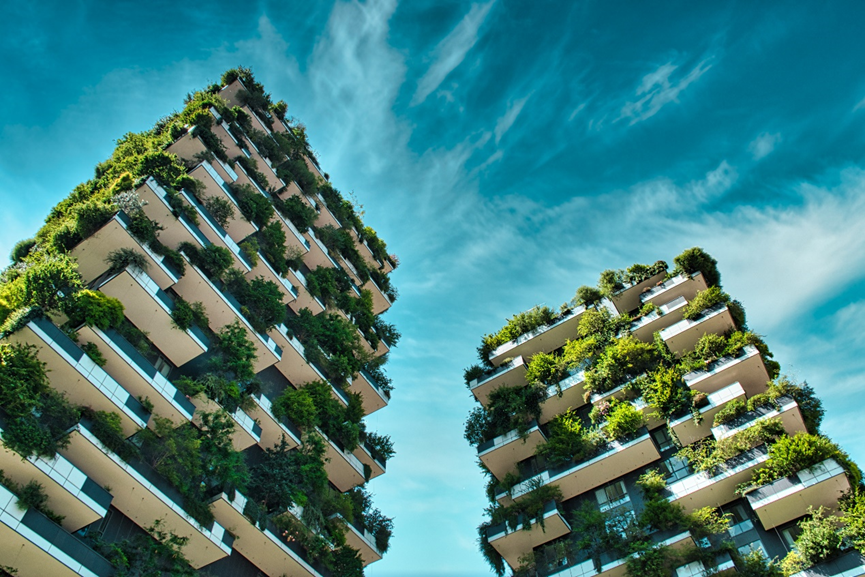
Cultivating a Sustainable Culture for
Long-term Success
A cultural shift is essential to promote collective commitment to sustainable practices that safeguard the well-being of the planet and future generations.
Supportive policies and industry standards play a crucial role in facilitating this shift. They provide a clear roadmap, align incentives, and establish a common understanding of sustainable behaviour within industries. As businesses and industries comply with these policies and standards, they normalize and internalize sustainable practices as the new standard of operation.
Glodon actively collaborates with regulators and industry partners to develop green building standards. For instance, we contribute to the national standard "General Principles of Energy Management Technology for Construction Contracts" and the industry standard "Guidelines for Calculation Methods of Urban Building Energy Consumption and Operational Carbon Emissions." Additionally, we conduct research in collaboration with Southeast University on the carbon emission evaluation index and accounting methods.
To
know more about strategies and practice that enable low carbon transformation for
a smart ecosystem, download the Glodon ESG report
here
.






